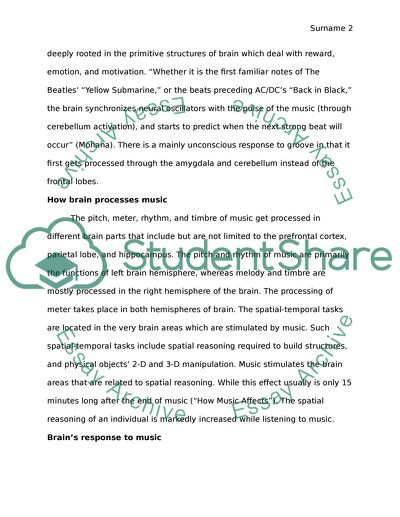Cite this document
(“How music affect the brain Research Paper Example | Topics and Well Written Essays - 1750 words”, n.d.)
Retrieved from https://studentshare.org/music/1497182-how-music-affect-the-brain
Retrieved from https://studentshare.org/music/1497182-how-music-affect-the-brain
(How Music Affect the Brain Research Paper Example | Topics and Well Written Essays - 1750 Words)
https://studentshare.org/music/1497182-how-music-affect-the-brain.
https://studentshare.org/music/1497182-how-music-affect-the-brain.
“How Music Affect the Brain Research Paper Example | Topics and Well Written Essays - 1750 Words”, n.d. https://studentshare.org/music/1497182-how-music-affect-the-brain.


